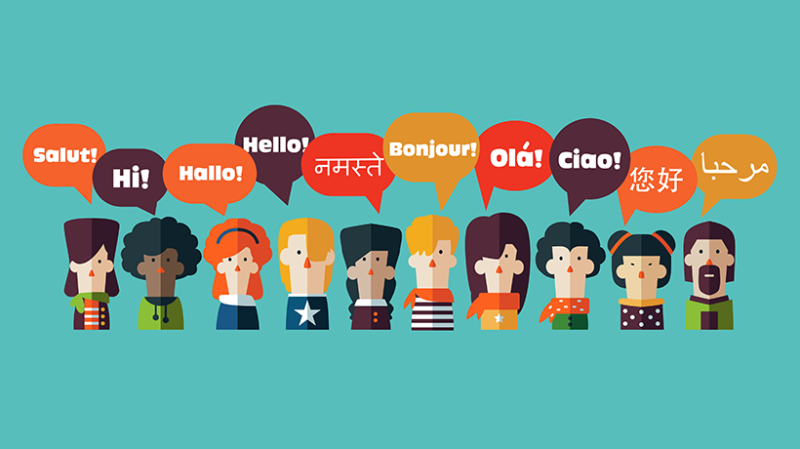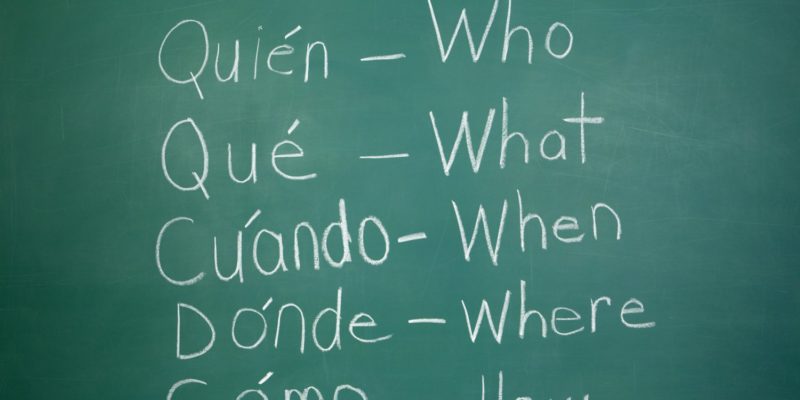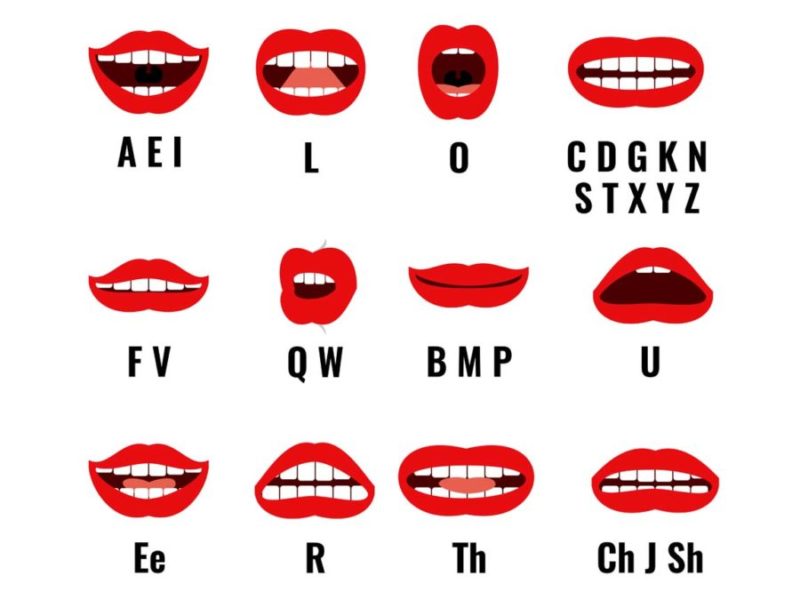
I’m currently fluent in four languages (Maltese, English, Spanish and Italian), and I’m aiming to reach fluency in a few more languages within the next ten years.
I have some knowledge of Catalan, Portuguese, French and Russian too.
It’s fair to say that I’ve spent a good chunk of time dabbling in languages ever since my teenage years. I’ve also tried my hand at Chinese before realizing I didn’t have enough time or energy to get good at it. I still hope to get back to it at some point.
I’ve mostly used Duolingo, class lessons, and 1-to-1 lessons on Italki. I found Duolingo great for the initial steps and building vocabulary, while Italki is really good for advancing fast, provided you find the right teacher. I haven’t had great experiences in a class setting, except for when I took Catalan lessons, as we had a fantastic teacher and a great group of students as well.
Resources for Learning Spanish

Over the past ten years, I’ve been learning Spanish in different ways. Here are my favorite resources.
- italki – Find a great teacher for 1-1 sessions
- Profe de Ele – Website with explanations and exercises
- Duolingo – Great free app to get the basics in place.
- Mimic Method – Great for learning Pronunciation
- Gramática de uso del español – Best series of books for learning grammar.
Portuguese
You have Brazilian or European Portuguese. If your intention is to work or live in Portugal or other European territories I would recommend you learn the European version.
This is the website I use apart from having a teacher on iTalki:
Focus on Sound and Pronunciation
Most people struggle with sound, and it is quite evident that sound can be critical to being understood and understanding others.
Conversational fluency is separate and superior to written fluency.
You can train language without learning vocabulary.
The capacity to hear and pronounce and mimic a language is like rocket fuel when learning a language.
Song training is a super-effective way to train pronunciation.
Perfect the pronunciation first, and you will learn everything else way faster.
We usually learn grammar first, but it’s not the most efficient way to learn a language.
Premature literacy is the major cause of most people’s sound struggles. You are seeing the word in your head and pronouncing it in your native language. Therefore ignore reading and writing in the very beginning.
You can train your mouth to pronounce sounds in a language, the same way you train your fingers to play notes in a song.
The end goal is to communicate with other human beings. It’s a tool to connect, and we connect primarily through conversation. To have a conversation you need to learn the meanings.
How do you train sound?
- Train your brain to conceptualize the sounds.
- Train your ear to hear the sounds.
- Train your mouth to pronounce the sounds.
Conceptualizing involves learning phonetics.
Humans connect better when you sound like them. The way we learn languages in schools is quite outdated in my view and takes the longer route to mastery. There are better ways to learn languages nowadays, and the mimic method is one of the most effective ones I’ve found.
I’ve also found taking speech pronunciation lessons to be hugely valuable in correcting mistakes in pronunciation. We all default to our native language’s pronunciation when attempting to speak in new languages, and that automatically makes it harder for natives to understand and empathize with us.
How to Improve Your English Pronunciation
 These are my top tips, based on my experience, on how you can improve your English pronunciation.
These are my top tips, based on my experience, on how you can improve your English pronunciation.
Decide which flavour of English you want to concentrate on
The three big ones are American English, British English and Australian English when it comes to pronunciation. Most people will want to learn American English as it is the most widely used, and frankly, for business use, that’s the best one to learn. In the future, we might need to learn Mandarin, but for now, the US is the world leader in business and innovation. So go with American English pronunciation unless you have some specific reason to learn one of the other two. A typical reason might be acting in a movie where your character is supposed to have a British English accent.
Methodologies. Books, Courses, One-to-One Training?
There are several resources available to you for helping you improve your English pronunciation. An important factor is your budget. There is no doubt in my mind that the most effective strategy is to go for personal one-to-one training, which can be done online using Skype. It is unfortunately also the most expensive option. Refer to the recommended tutors list below.
Recommended Books & Audio CDs
- American Accent Training – Ann Cook
- Tree or Three? Student’s Book and Audio CD: An Elementary Pronunciation Course – Ann Baker (British accent)
- Ship or Sheep? Book and Audio CD Pack: An Intermediate Pronunciation Course – Ann Baker (British accent)
- English Pronunciation in Use – Mark Hancock
Recommended Online Video Courses
Recommended Tutors for Private Lessons
- Geoff Lindsey (30-minute sessions via Skype)
- Tom Kelley (1-hour lessons via Skype)
- Pronunciation Pro (several packages to choose from)

Could I please Suggest a free English Learning site?
Speak English Free
http://www.speakenglish.biz
Our site has 100 free idioms, 20 free grammar lessons and 15 free advanced lessons in speaking English.
David Slade
Owner
‘Here are some lessons I learned on the topic of language learning:
Most people struggle with sound, and it is quite evident that sound can be critical to being understood and understanding others.
Conversational fluency is separate and superior to written fluency.
You can train language without learning vocabulary.
The capacity to hear and pronounce and mimic a language is like rocket fuel when learning a language.
Song training is a super-effective way to train pronunciation.
Perfect the pronunciation first, and you will learn everything else way faster.
We usually learn grammar first, but it’s not the most efficient way to learn a language.’
That’s interesting, Jean.
I am learning Maltese since a couple of months and was nearly to drop it for good as the learning material I have obtained from Malta wasn’t quite the way it suited me and the way I am learning a foreign language. But soon afterwards I found other material via the internet as pdf and mp3 files which are more suitable to me to work with.
My problems with Maltese at the start of it was with the parts in words that stay silent in pronunciation, like the ‘gh’. I have taken up learning Maltese out of my interest in Maltese history to read and understand what is written when there is no English translation for it provided by the author of the book.
My approach to learning Maltese is from a different angle and I first have to understand of the meaning of the word and the pronunciation (provided by the mp3 files) helps me to understand the words better.
From my first attempts to learn Italian is easier for me. But for the same reason for why I am learning Maltese, I have to take up Italian as well because Italian was the language used in official writings and also administrative procedures the ‘official’ language of Malta before the 1930s. Literature about the history period of Malta from the late 19th to the mid 20th Century also contains original documents (in copy but original in language) in Italian. As with Maltese, if the author doesn’t provide the translation into English, I am lost.
As you’re a native Maltese, maybe you could give me some hint regarding learning Maltese please, apart from what you’ve already stated above. I think that in Maltese, one can’t do without the Vocabulary and above all the Grammer because the latter alters the former and therefore from one main word spring two different words in writing and sound but the same meaning or one word has variations of meanings.
That’s a hard question Thomas. Apart from English and Maltese which I learnt as a native speaker, the other languages I’ve learnt are all Romanic (Spanish, French, Catalan). I am now learning Russian which is completely different. I’m using a mix of Duolingo, hearing speech from native speakers (mostly my wife) and some grammar. I’m taking my time with this language though so I’m not really optimizing to perfection, there might be much better ways to learn it.
So for Maltese unfortunately I don’t have any obvious tips. I imagine it would help tremendously to take some form of lessons at the start so you can get going on the right track with regards to pronunciation and getting used to the silent ‘gh’ and other idiosnyncracies.
Thank you Jean for taking the time to reply. I am also taking my time to learn Maltese, at least the basics. Afterwards, at some time, I’ll work more on learning Italian. I have a dictionary which is Maltese – English – Italian which I find very helpful, published in Malta in the 1990s and some other dictionaries too. This is meant for learning Maltese in the long run as progress comes with time and sticking to practise the language.
It is always more helpful to have native speakers of a foreign language around one. I have to rely on the internet and the other sources to keep me learning and practising. I am myself a native German Speaker and from that outset it is easier for me to approach Italian from learning it via English as there are plenty of words in English and Italian which are often the same, they slightly differ in pronunciation and sometimes a bit in writing. Those words in the Maltese language which are lend from Italian are much easier for me to memorise than those which originate from the Arabic language family which forms the core of the Maltese language. Frankly, if Maltese wouldn’t be written in Roman letters but in the Arabic script, I would have probably never taken on learning it. I can only imagine how difficult it is to learn a language like Russian or Chinese as you stated in your above article and I wish you good luck with it.